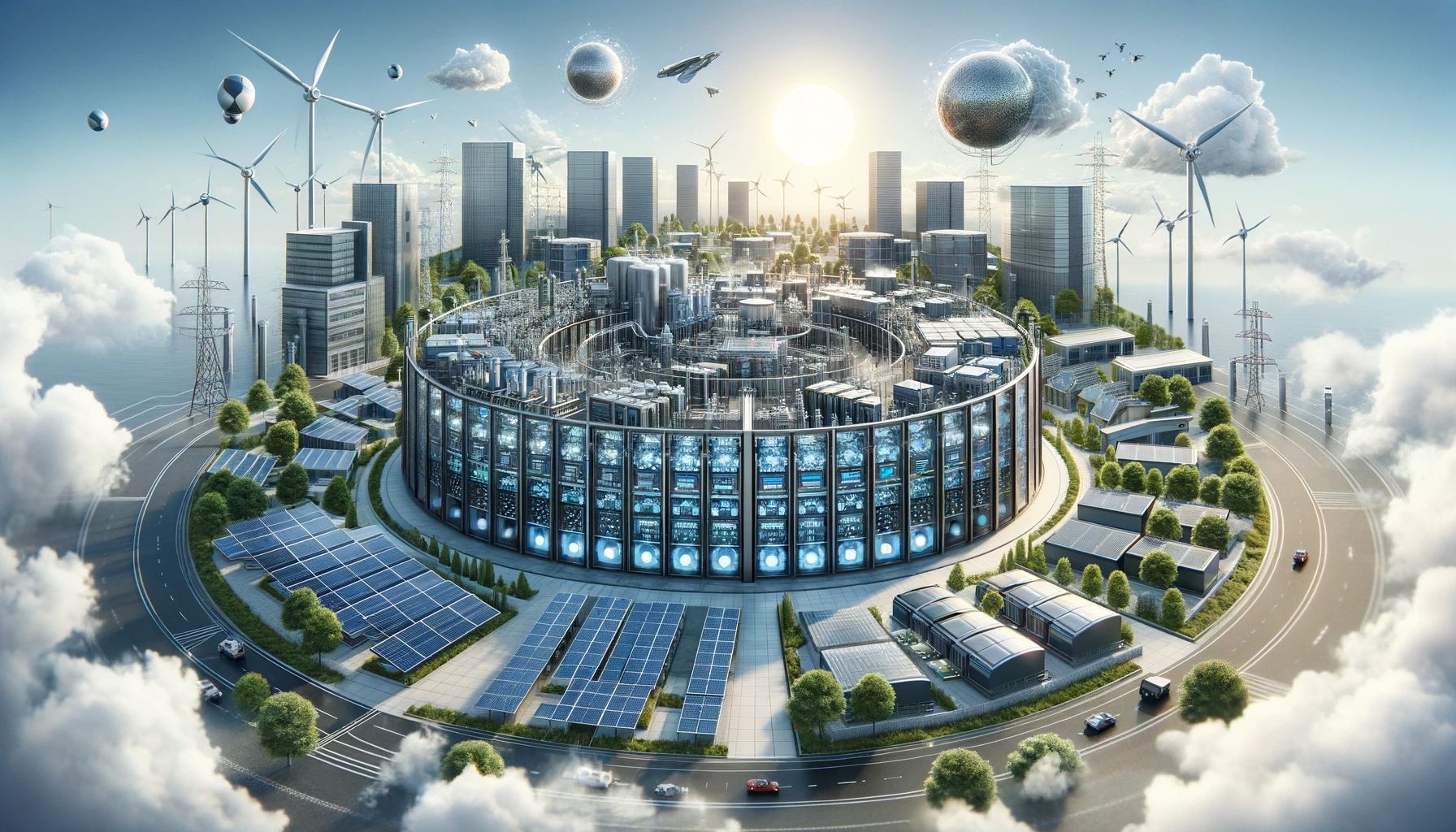The integration of Electric Energy Storage (EES) and Thermal Energy Storage (TES) into a cohesive hybrid approach represents a significant advancement in the optimization of energy efficiency and load leveling. This strategic hybridization, also known as smart integration, leverages the distinct advantages of both storage systems to achieve a more reliable, efficient, and sustainable energy management solution. Particularly, in sectors where the stability of energy supply is critical, such as hospitals, data centers, military installations, manufacturing plants, and other facilities with significant thermal and electric demand-side management requirements, hybrid energy storage systems (HESS) are proving to be indispensable.
The Rationale Behind Hybrid Energy Storage Systems
The core premise of hybrid energy storage lies in its ability to bridge the gap between the variability of renewable energy sources and the constant energy demand of critical applications. EES technologies, such as batteries and supercapacitors, excel in providing quick response times and high power capacity, making them ideal for managing short-term energy fluctuations. On the other hand, TES systems, including ice storage and molten salt, offer long-duration energy storage, thereby enabling the shifting of energy consumption from peak to off-peak hours. The amalgamation of these technologies into a hybrid system facilitates a more balanced and efficient approach to energy management, ensuring that energy supply aligns more closely with demand patterns.
Advantages of Hybrid Energy Storage
The benefits of implementing HESS are multifaceted. Firstly, they enhance energy efficiency by allowing for the storage of surplus energy during periods of low demand, which can then be used during peak demand periods. This not only reduces the reliance on traditional, often fossil fuel-based, peak power plants but also diminishes the overall carbon footprint of the energy system. Secondly, hybrid systems contribute to greater operational stability. By providing a more constant energy output, they mitigate the risks associated with energy supply disruptions, which is particularly crucial for facilities that require uninterrupted power and thermal energy supply.
Moreover, hybrid systems are designed to optimize the use of renewable energy sources. By smoothing out the variability inherent in solar and wind energy production, these systems ensure a more reliable supply of green energy. This is particularly relevant in the context of global efforts to transition towards more sustainable energy systems. Additionally, from an economic perspective, HESS can lead to substantial cost savings. By optimizing energy consumption and reducing dependence on peak energy prices, facilities can achieve significant reductions in their energy bills.
Critical Applications of Hybrid Energy Storage
In the realm of critical applications, the importance of HESS cannot be overstated. Hospitals, for instance, require a continuous supply of both electrical and thermal energy to power essential medical equipment and maintain optimal environmental conditions. Similarly, data centers, which are the backbone of the digital economy, depend on a stable energy supply to ensure the integrity and reliability of data storage and processing. Military installations and manufacturing plants also benefit from the enhanced energy security and efficiency provided by hybrid systems, thereby ensuring operational continuity even in the face of energy supply challenges.
The smart integration of EES and TES into hybrid energy storage systems marks a pivotal development in the pursuit of enhanced energy efficiency and stability, particularly for critical applications. By capitalizing on the complementary strengths of electric and thermal storage technologies, HESS offers a robust solution to the challenges of energy management in an era of increasing reliance on renewable energy sources. As technology advances and the drive towards sustainability intensifies, the role of hybrid energy storage in securing a stable, efficient, and sustainable energy future is set to grow exponentially.

Copywrite Howler Media Holdings, LLC 2024

